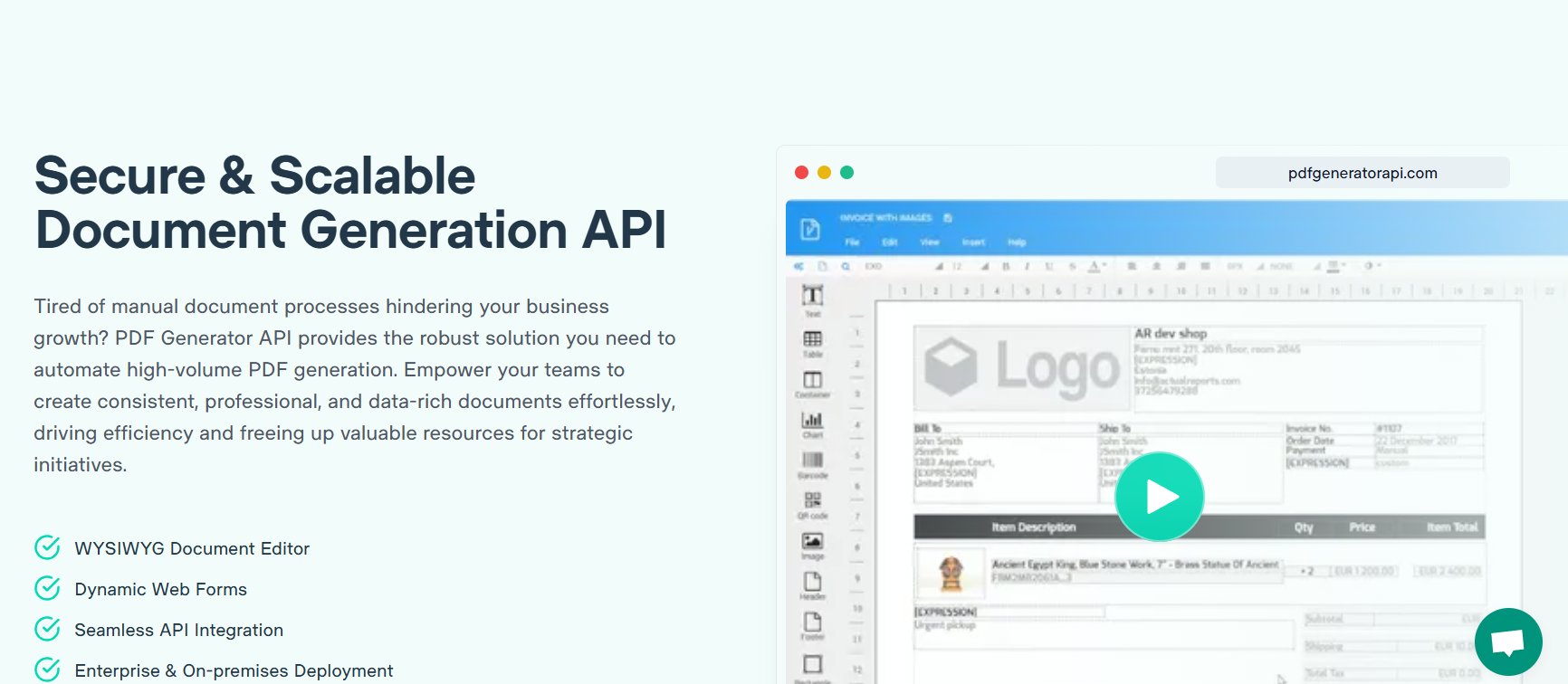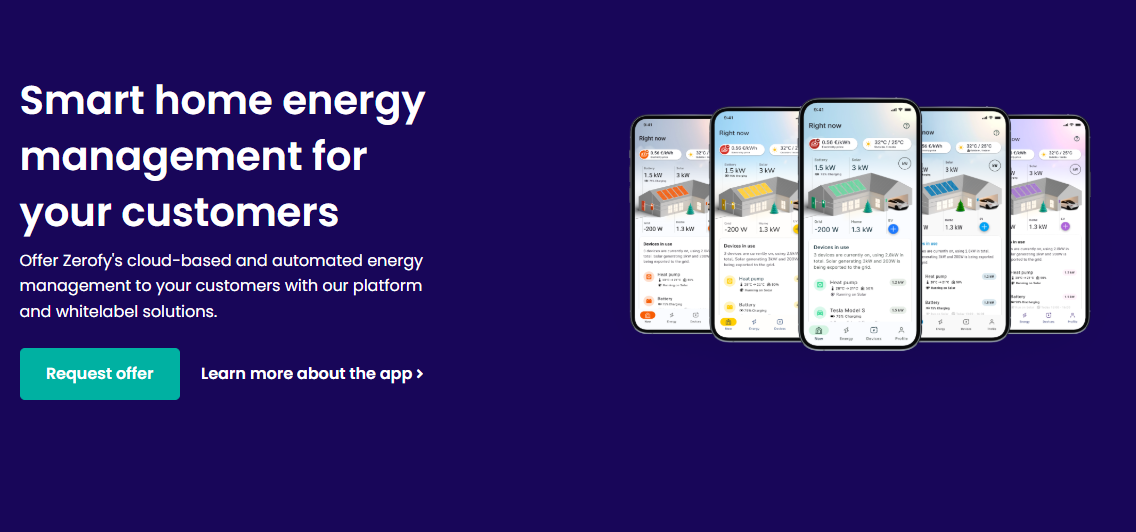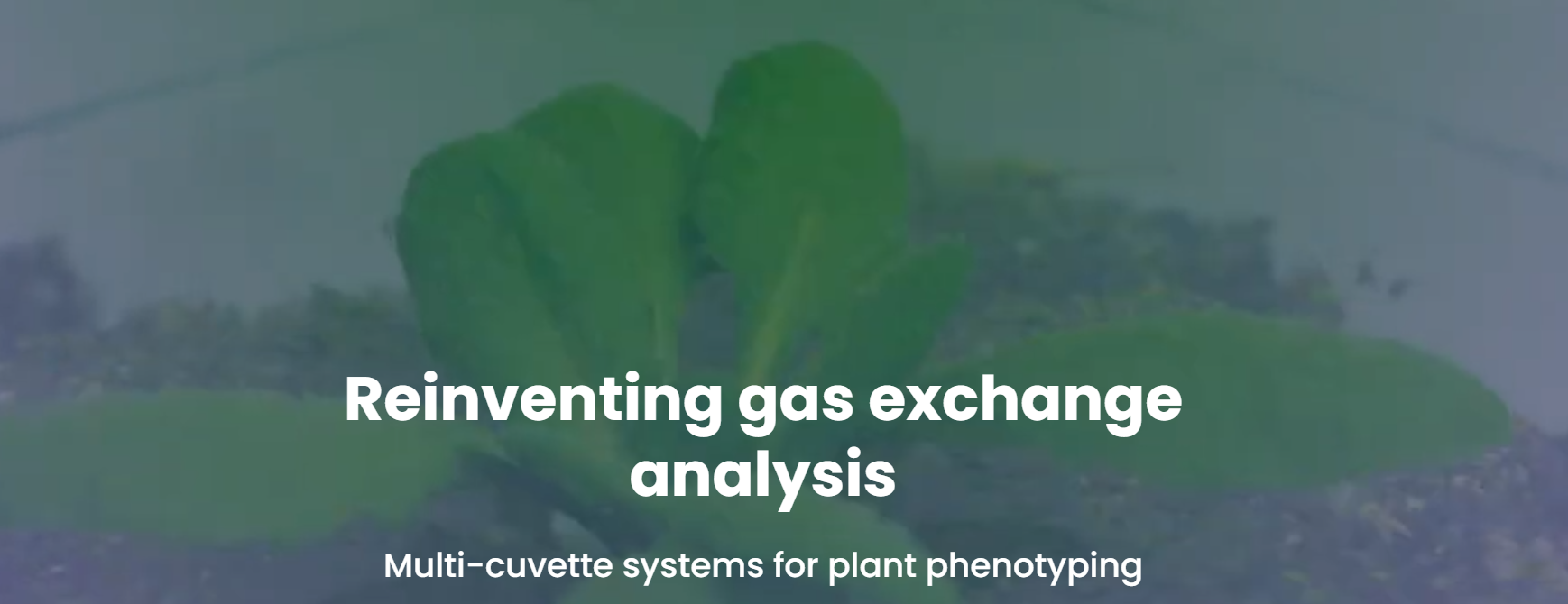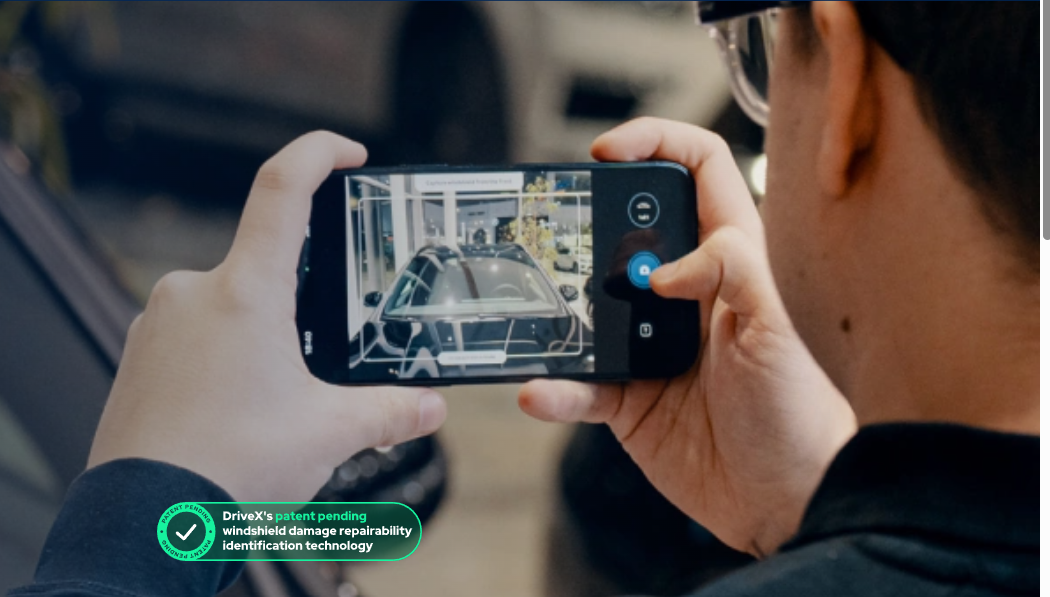Today, there are several different electrolysis cells being developed, each with its own advantages, limitations, and potential applications. Electrolysis cells are classified primarily by the kind of electrolyte they employ: alkaline electrolysis cells (AECs), polymer electrolyte membrane electrolysis cells (PEMECs), molten carbonate electrolysis cells (MCECs) and solid oxide electrolysis cells (SOECs). SOECs are considered one of the most efficient and promising types of electrolysis cells, being able to turn energy and water into hydrogen with an electricity conversion efficiency of over 90%.
H2Electro is a deep-tech start-up company originating from the University of Tartu that develops novel SOECs for high-temperature electrolysers. The innovation of the H2Electro technology is derived from the fact that most of the SOEC technology used today employs nickel cermets (Ni-YZS) as electrodes but H2electro has developed novel all-ceramic fuel electrodes, which are significantly more stable compared to Ni-YSZ as ceramic electrodes are much less sensitive to oxygen. Using all-ceramic fuel electrodes enables to lower the high balance of plant (BOP) costs of solid oxide electrolysers (SOEs) and increases electrolysis cell stability.
DynElectro is a Danish start-up that has patented AC:DC technology, which enables the dynamic operation of SOEs without introducing temperature variations that cause accelerated degradation.
H2Electro and DynElectro were looking for ways in how to test the use of their technologies together. Using AC:DC technology in H2Electro’s stacks would potentially simplify the BOP even more, improve volumetric power density, and increase the lifetime and capacity of SOEs. Thus, using these two technologies together could give both companies a competitive edge.
For this reason, they wanted to apply for a grant from the Enterprise Estonia programme for applied research. That’s why, H2Electro and DynElectro reached out to Haap Consulting team. We helped them to define their project’s objectives, methods, and expected outcomes, along with a detailed budget and supporting materials.
Our cooperation was successful and H2Electro and DynElectro received a EUR 1.8 million grant from Enterprise Estonia with a total project budget of EUR 2.2 million.
Enterprise Estonia programme for applied research is open on a continuous basis. Feel free to reach out us at info@haap.ee for similar funding opportunities.




